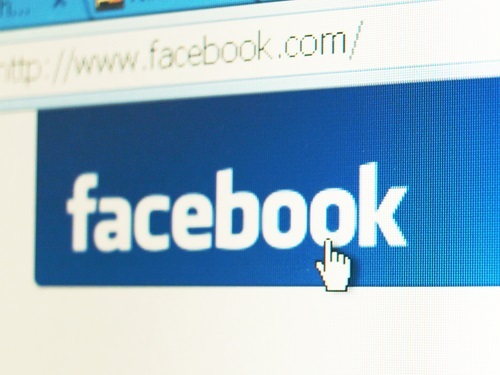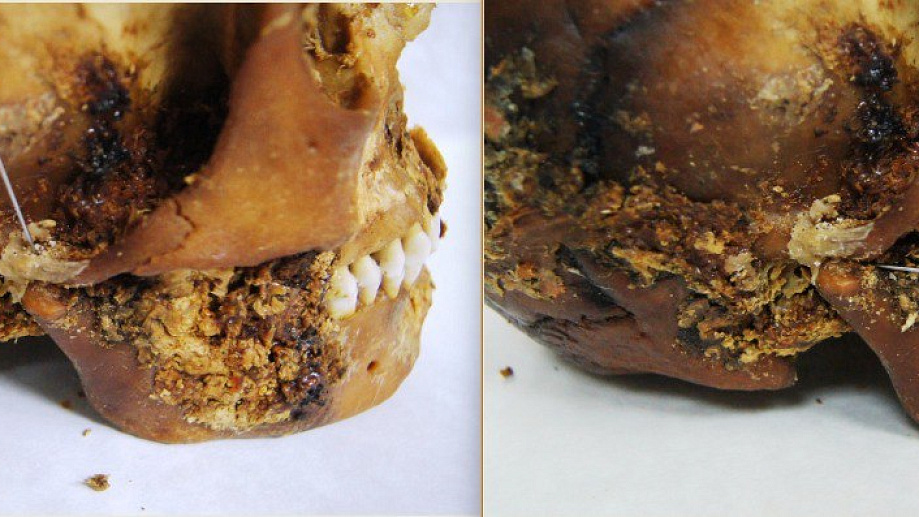High Achievers More Prone to Jealousy on Facebook

Get the world’s most fascinating discoveries delivered straight to your inbox.
You are now subscribed
Your newsletter sign-up was successful
Want to add more newsletters?

Delivered Daily
Daily Newsletter
Sign up for the latest discoveries, groundbreaking research and fascinating breakthroughs that impact you and the wider world direct to your inbox.

Once a week
Life's Little Mysteries
Feed your curiosity with an exclusive mystery every week, solved with science and delivered direct to your inbox before it's seen anywhere else.

Once a week
How It Works
Sign up to our free science & technology newsletter for your weekly fix of fascinating articles, quick quizzes, amazing images, and more

Delivered daily
Space.com Newsletter
Breaking space news, the latest updates on rocket launches, skywatching events and more!

Once a month
Watch This Space
Sign up to our monthly entertainment newsletter to keep up with all our coverage of the latest sci-fi and space movies, tv shows, games and books.

Once a week
Night Sky This Week
Discover this week's must-see night sky events, moon phases, and stunning astrophotos. Sign up for our skywatching newsletter and explore the universe with us!
Join the club
Get full access to premium articles, exclusive features and a growing list of member rewards.
People who are high-achieving in academics may be more prone to feelings of romantic jealousy than those who are less studious, new research suggests.
In several studies of undergraduate students, researchers found that the higher a student's grade point average (GPA), the greater their levels of "Facebook jealousy" were.
There's no one definition of Facebook jealousy, but it's sometimes referred to as a phenomenon in which misunderstandings on the social network lead to jealousy among people in romantic relationships.
Participants were asked to envision several hypothetical scenarios, such as discovering a message in their partner's Facebook inbox from a person of the opposite sex that reads "What are you up to later?" (An intentionally ambiguous message.)
Women had higher levels of Facebook jealousy than men, a finding that confirms research from earlier studies. [See: Busted! 6 Gender Myths in the Bedroom & Beyond].
The findings regarding GPA are preliminary, and the researchers still need to tease out the reason for the possible link, said study researcher Denise Friedman, an associate professor of psychology at Roanoke College in Salem, Va.
But it may be that people with high GPAs tend to have a personality type that makes them more prone to jealousy.
Get the world’s most fascinating discoveries delivered straight to your inbox.
"Students with higher GPAs are often more conscientious, show greater self-control and tend to be perfectionistic," Friedman said. "The perceived infidelity likely upsets their attempts at perfection across the board."
The researchers also tested whether adding different emoticons (such as symbols of smiley or winking faces) after the ambiguous message would affect jealousy levels. While adding a winking emoticon had no effect on women's jealousy level, men were more jealous when the message had a winking emoticon, as opposed to no emoticon.
"Evolutionary work suggests men are more jealous of sexual infidelity, while women are more jealous of emotional infidelity," Friedman said. "The winking emoticon was most likely perceived as flirtatious, perhaps even sexually suggestive, which may explain why men were more jealous in this condition," she said.
The researchers plan to publish their findings in a peer-reviewed journal this summer. Some of the findings were presented at the Association for Psychology Science meeting in May.
Follow Rachael Rettner @RachaelRettner. Follow LiveScience @livescience, Facebook & Google+. Original article on LiveScience.

Rachael is a Live Science contributor, and was a former channel editor and senior writer for Live Science between 2010 and 2022. She has a master's degree in journalism from New York University's Science, Health and Environmental Reporting Program. She also holds a B.S. in molecular biology and an M.S. in biology from the University of California, San Diego. Her work has appeared in Scienceline, The Washington Post and Scientific American.
 Live Science Plus
Live Science Plus










